Spain is a country with beautiful nature. The landscape is however shaped by a long agricultural tradition, especially in Mediterranean regions, such as Alicante. The impacts of agriculture on the natural environment could be seen around the river Segura, the mountain areas, and the highlands.
There you can discover heritage and old agricultural landscapes. There are also many protected nature areas because of agriculture development that you can visit on your next trip to Alicante.

The Spanish agricultural, challenges and opportunities
Many of the main economy sectors constitute a challenge as the Spanish society needs to adjust to environmental realities . Especially the agricultural which is a very important sector in Spain. Nearly half of the Spanish territory is agricultural land, 33% for farming practices, and 16% is used for meadows or pastures. There is a standing tension between productivity and sustainability. Life for the over 800 000 Spanish farmers is not easy as they compete on a highly competitive worldwide market.
Spain has, up until now, had ideal conditions for agricultural due a combination of favorable climate, altitude, and erosion position. However, the changing climate – with higher temperatures, limited rainfall, and more extreme weather events- is a real challenge to the current system. The pressure to compete with price rather than quality is not favorable to achieve sustainable soil management practices. It is however essential for the environment as well as the productivity of the agricultural sector to maintain soil fertility and preventing erosion.
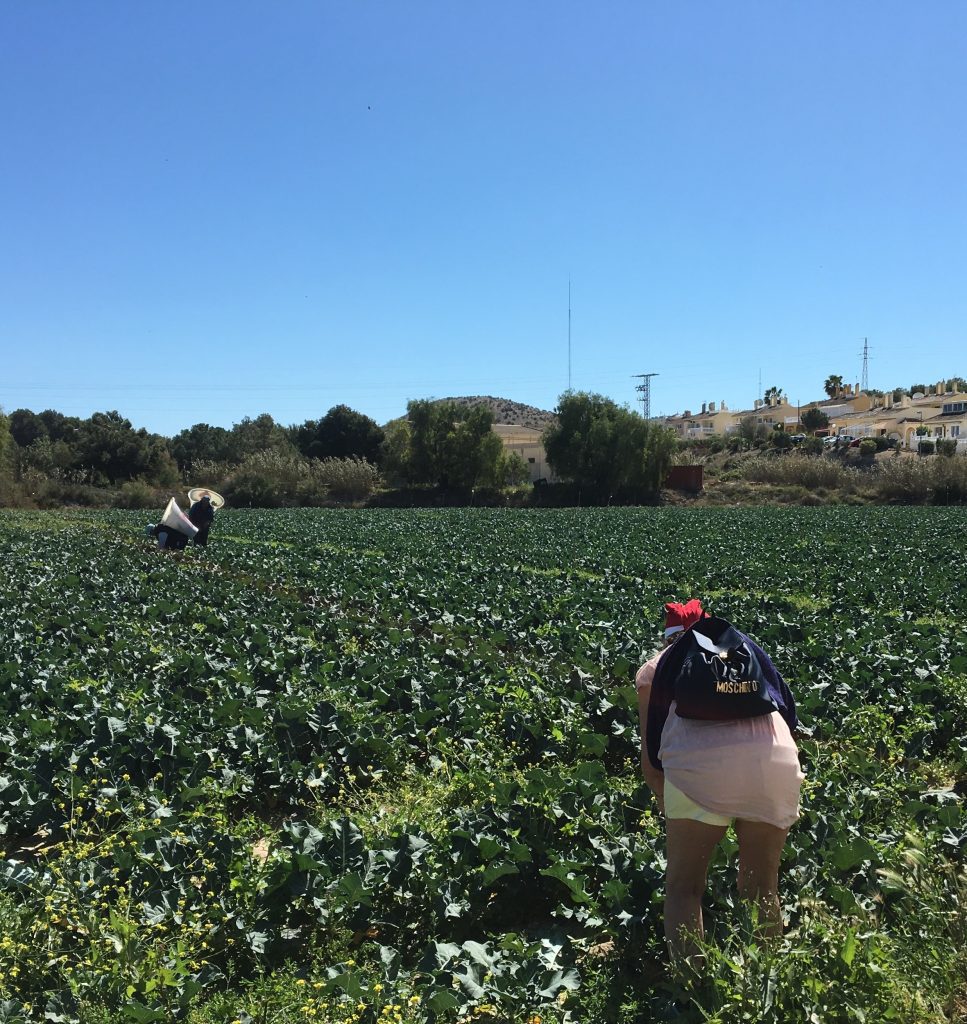
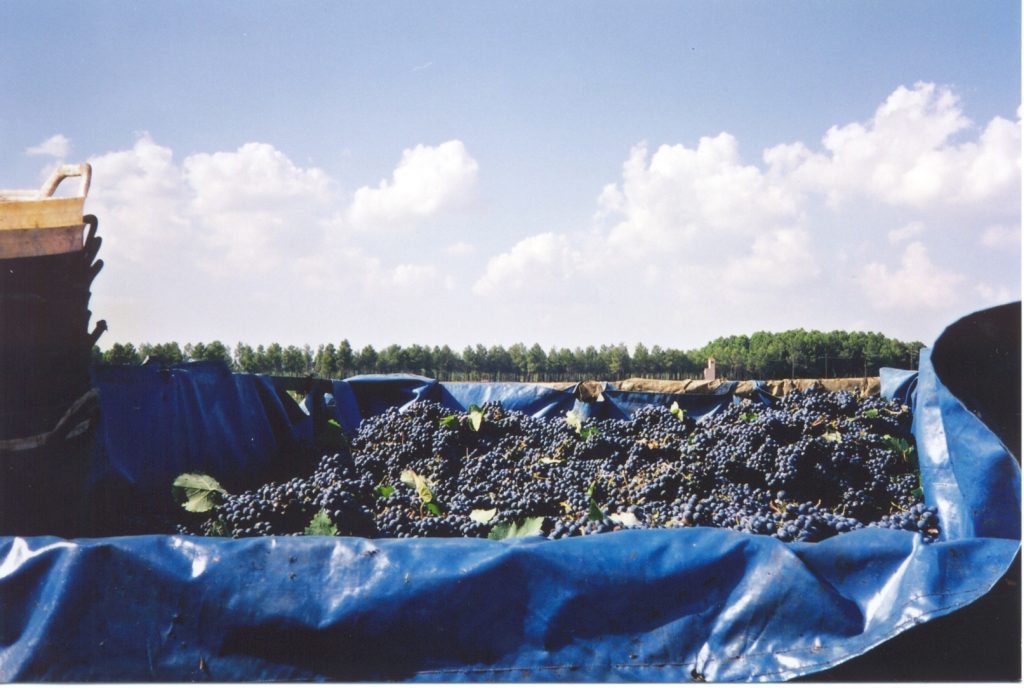
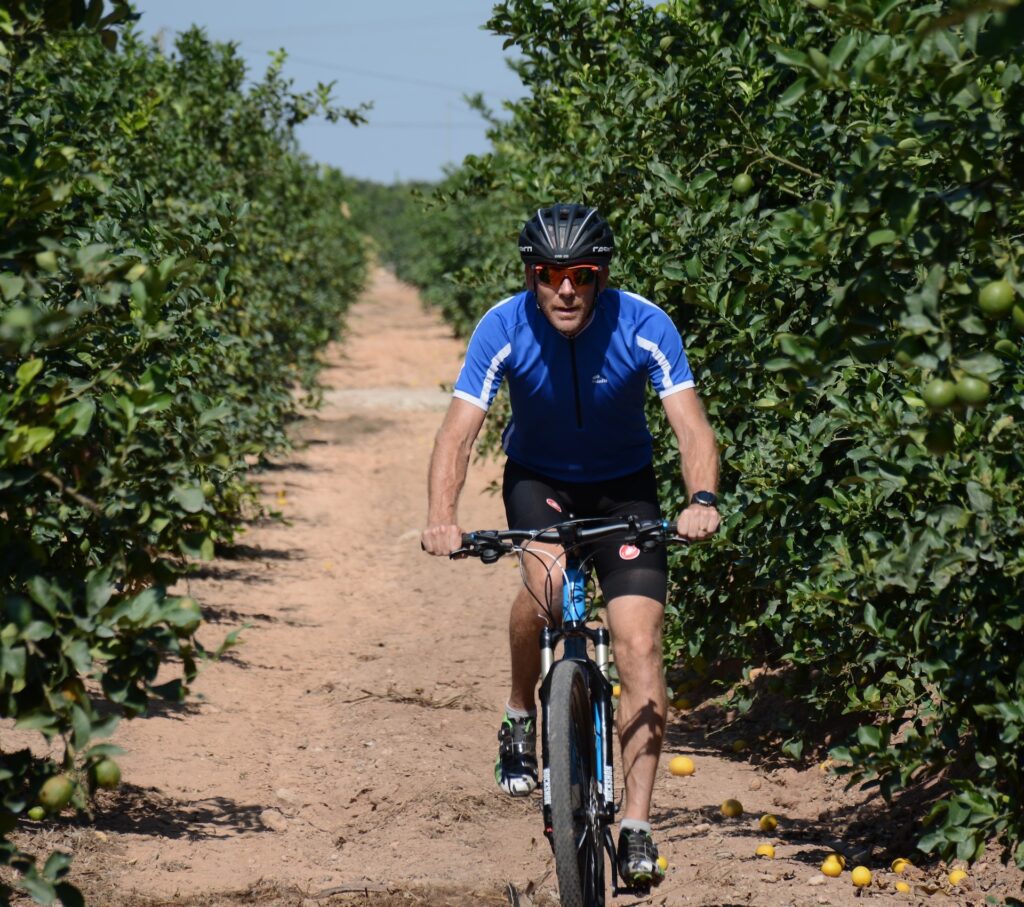
1) Nature-inclusive agriculture and agro-ecology
To deal with climate challenges Spain and other countries are looking into moving towards nature-inclusive agriculture and agro-ecology. Keywords are environmentally sustainable, socially fair, economically viable, culturally appropriate as well as resilient farming and food systems.
The emphasis is on sustainability, biodiversity and natural processes whilst enhance productivity. The Awareness of the importance to care for the agricultural environment is one the increase. There has been a slow but steady growth of farms going organic.
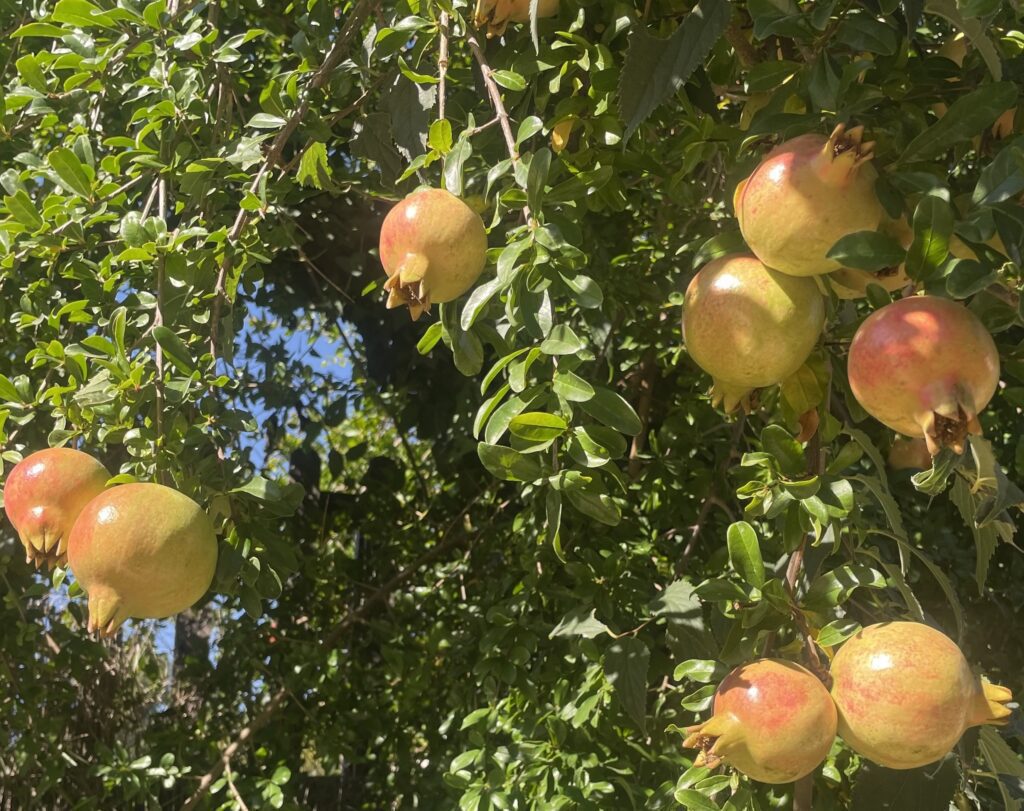
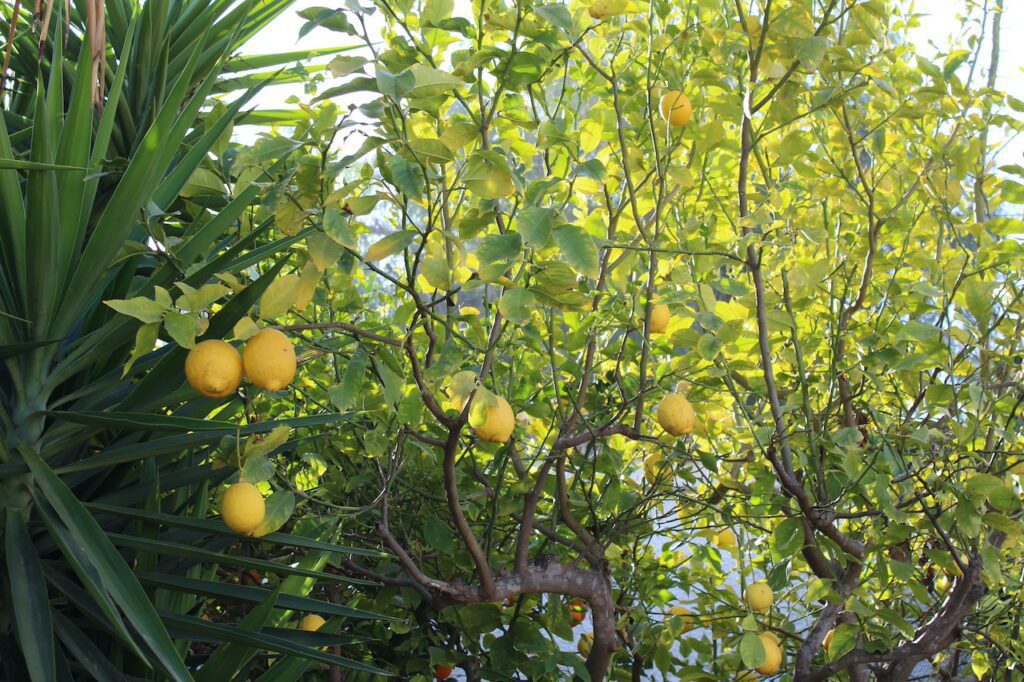
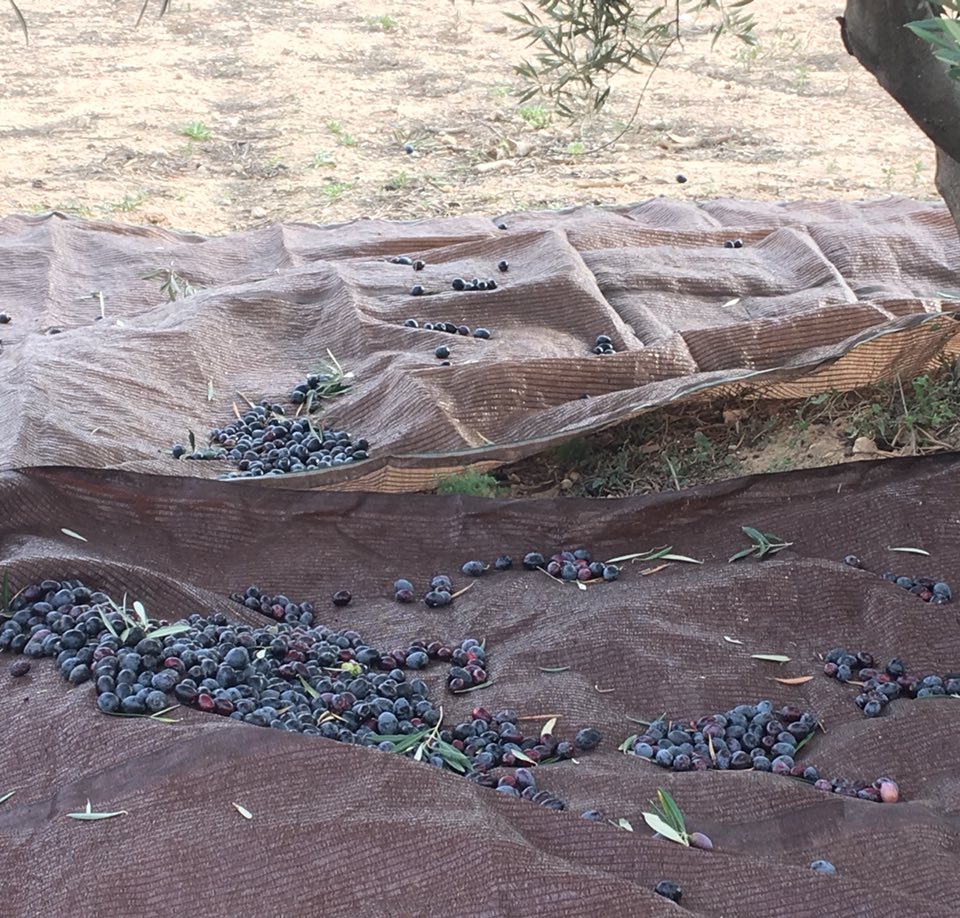
2) Food production in Spain
We love to eat Spanish food. In the last years there has been an increase in food production that that is more respectful biodiversity and based on more natural practices. Spain has a wonderful agriculture heritage and not so far back the farmers managed to produce wonderful food stuff without chemicals.
It might also be the smarter choice. Going ecological means enhancing the product’s value and the farmers can sell the organic produce to as three times the price to the conventional one. However, this depend on the crops. For example, the almond, a quintessential Mediterranean produce, is such as crop. Another such crop is the Verna lemon.
The Verna Lemon is a high quality Spanish variety. It has a intense yellow colour and it has long shape with pointed ends. The Verna lemons originate from and are representative of the Vega del Segura area. The skin is thicker than other varieties and its durability and aroma valuable in the cooking industry.
However, the increase in labour costs and land requirement puts strain on the farmer as organic agriculture requires more resources. Nevertheless, there is a wider benefit to the local economy as organic farming generate more jobs. As well as, the need for better farm planning. The farmers are aware that, whichever way they cannot compete on the open European market, with countries with much lower production costs. They need to produce high quality crops on natural lands and take out a higher price for the produce.
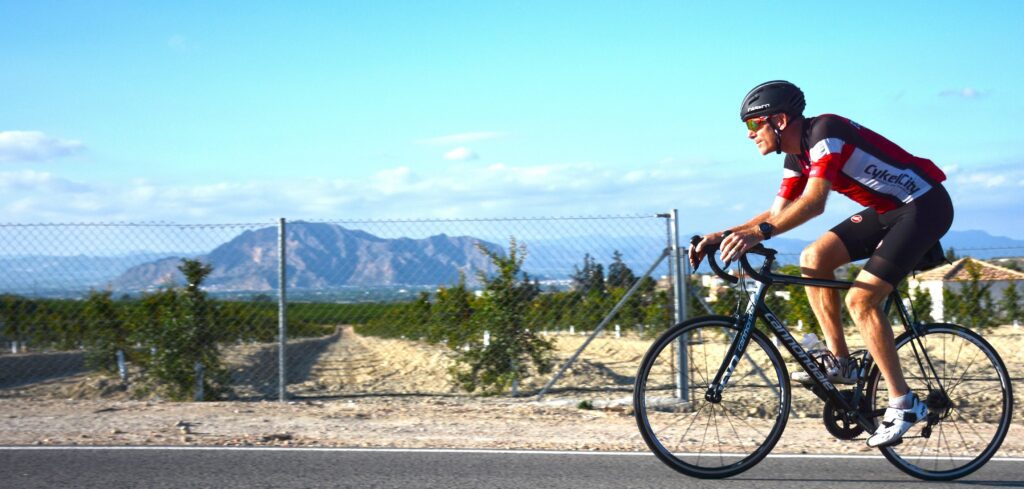
3) Agriculture and Southern Alicante nature
In South Alicante, agriculture plays a significant role in the local economy. The region has a Mediterranean climate with hot, dry summers and mild winters. Common crops in the area include citrus fruits, olives, pomegranates, almonds, and vegetables. However, Alicante has also seen a change in climate with heavy rains, draught and hot temperatures for a longer period.
The challenge ahead is to perhaps to build less houses and instead look to achieve biodiversity and have areas set aside for natural vegetation. Another challenge ahead is to protect the many wetlands that the region host.
4) Eco-agro districts in southern Alicante region
In the district Vinalopó Mitjà I Alt you can find many initiatives and organic farms and farming practices. The most prominent municipalities are
- Hondon de las Nieves
- Hondon de los Frailes
- Alguena
- La Romana
5) Water and irrigation in Southern Alicante
Given the arid Mediterranean climate, irrigation plays a crucial role in agriculture. Traditional irrigation methods and modern techniques are used to ensure water availability for crops. There is a complex hydrological management system consisting of Lagunas, and reservoirs with water flowing together with springs, canals, irrigation ditches and irrigation ditches.
In la Vega Baja and the areas around the river Segura has a history the irrigation canals date back to Moorish times and are some of the best preserved in Spain. This complex water system contributed to the expansion and development of the regions. It has a great ecological, economic and cultural value. The hydraulic heritage of the Vega Baja is an example of a sustainable model and water efficiency that has completely shaped and transformed the landscape.